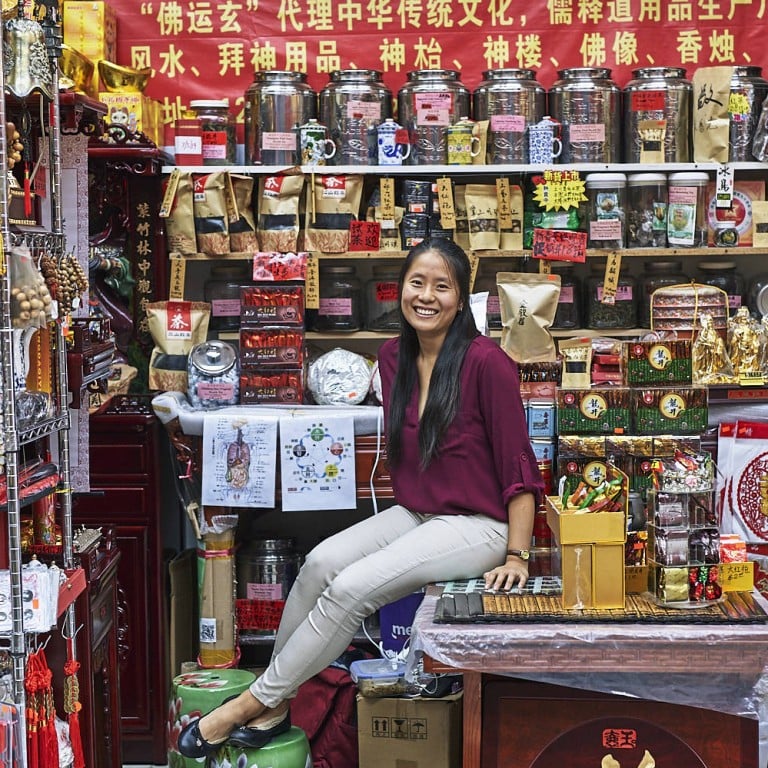
Creating a legacy: Asian food businesses in New York immortalised in cookbook full of personal stories and favourite recipes
- Made Here is a 352-page cookbook that features profiles of individuals from 43 Asian food businesses in 24 New York neighbourhoods – and their recipes
- It is the latest of several initiatives by non-profit group Send Chinatown Love, a collective of volunteers keen to help small Asian businesses keep going
When Kent Zhang Zhiqiang was growing up in Beijing during the tumult of the Cultural Revolution (1966-1976), his family could not afford to buy meat. Luckily, his mother was creative in the kitchen, concocting dishes that tasted like meat but were actually vegetarian.
One of her recipes was vegan sweet and sour ribs, made with glutinous rice flour in between slices of vegan “ham”, made from soy.
The recently self-published 352-page book contains profiles of individuals from 43 food businesses in 24 New York neighbourhoods, immigrants not only from China, but also other Asian countries such as Indonesia, Vietnam, Korea, India and Thailand.
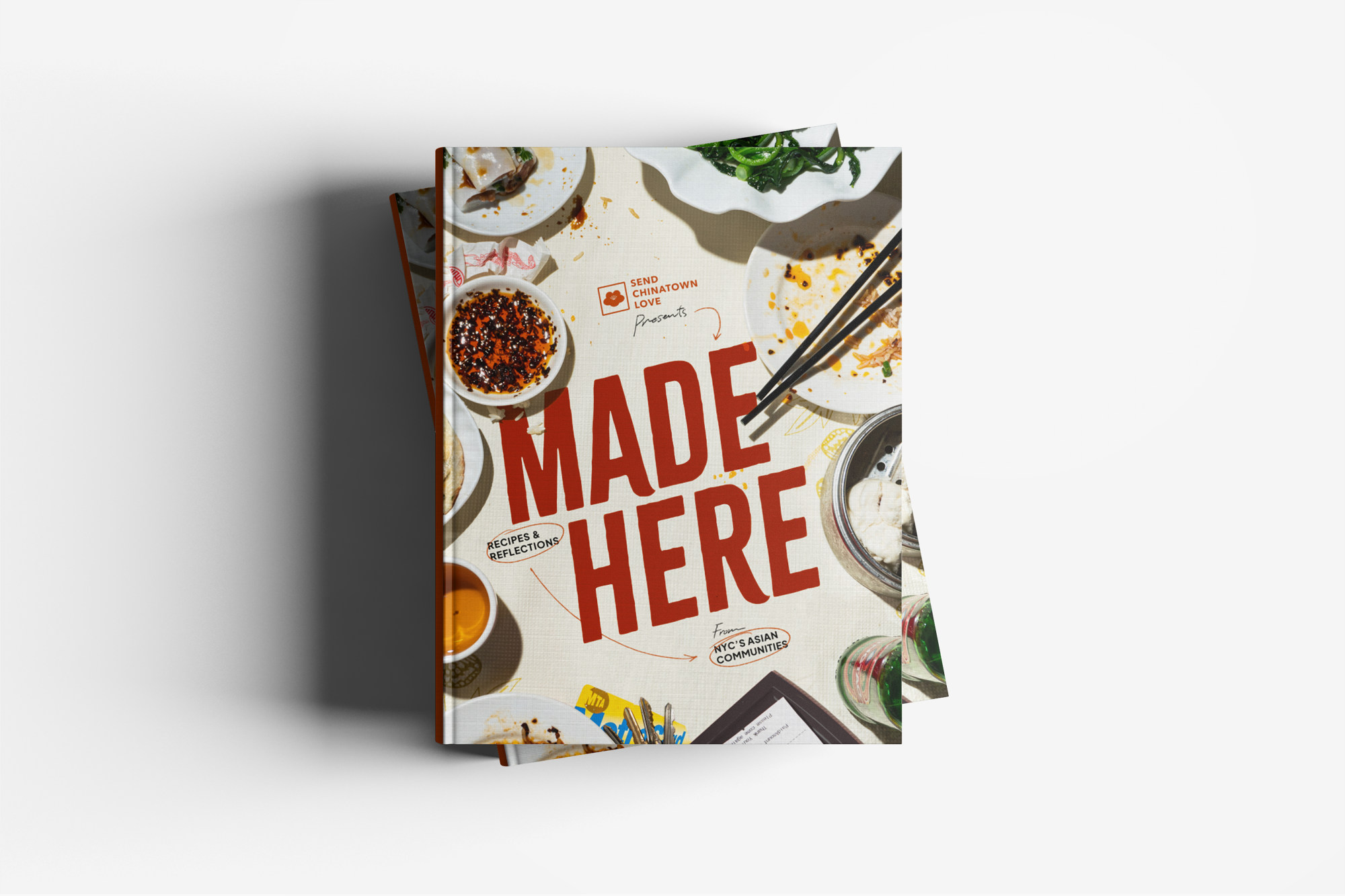
There are also second- and third-generation Asian-Americans featured. All of them recount personal stories, and pass along a favourite recipe.
Food writers and editors, along with photographers, illustrators and designers, all volunteered their time and expertise to produce the culinary tome.
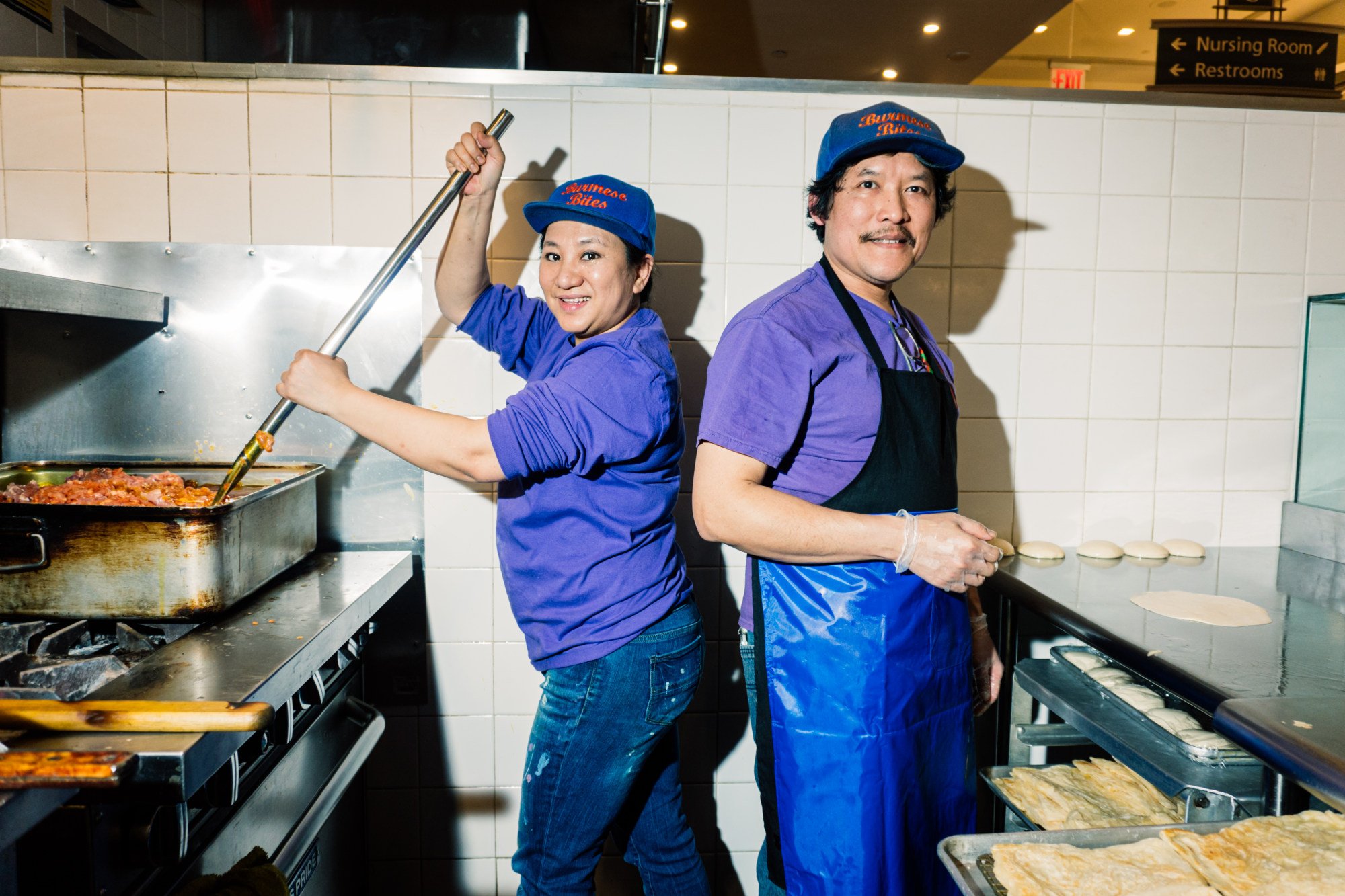
It is one of the many initiatives by a non-profit group called Send Chinatown Love, a collective of volunteers from various professional backgrounds as well as students, who are keen to help these small Asian businesses keep going.
A resident of the area, McKibben saw numerous Chinatown restaurants close down before the mandated shutdowns and began to rally individuals and raise funds to find ways to help the surviving businesses.
Singaporean chef on her pan-Asian plant-based cookbook
One of the beneficiaries was Bodhi Kosher Vegetarian Restaurant. Owner Zhang says he almost had to shut up shop, temporarily closing for three months in the spring of 2020.
“When the pandemic started, there were no people on the streets, it was totally empty,” recalls Zhang in a phone interview from his restaurant. “When people ordered takeout, they couldn’t even step into the restaurant to get it. I had to have two tables outside.
“I had hardly any business but I still had to pay the rent and my employees, otherwise I couldn’t keep them.
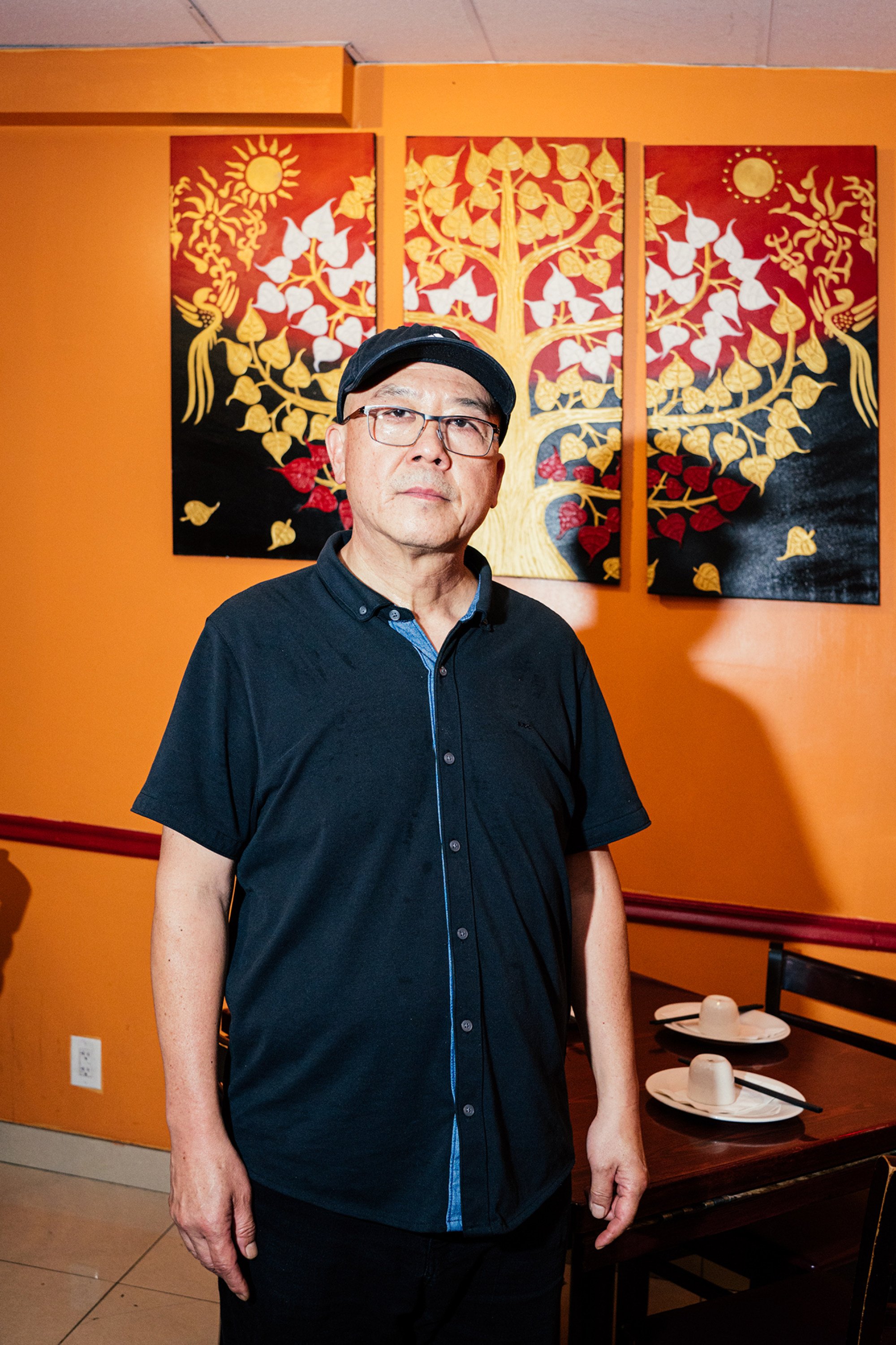
“But I kept everyone here. Thank God I got over it. They helped me,” he says, referring to the team behind Send Chinatown Love.
Its managing director, Alice Luo, explains the non-profit group was formed to help Asian-American restaurants that had been hit hard not only by the pandemic but also by xenophobia.
New Yorkers are very proactive, and if they see an injustice, they will act on it immediately
Volunteers with Send Chinatown Love initially visited businesses to see how they could help. The result was a programme called Gift-a-Meal, where donations from the public were distributed among Chinatown restaurants to pay for meals that were handed out to non-profit, community organisations, as well as low-income and food-insecure residents.
Gift-a-Meal is still going and to date Send Chinatown Love has raised more than US$1 million in donations.
The group also sold gift vouchers to the public to buy food or to dine at the restaurants at a later date.
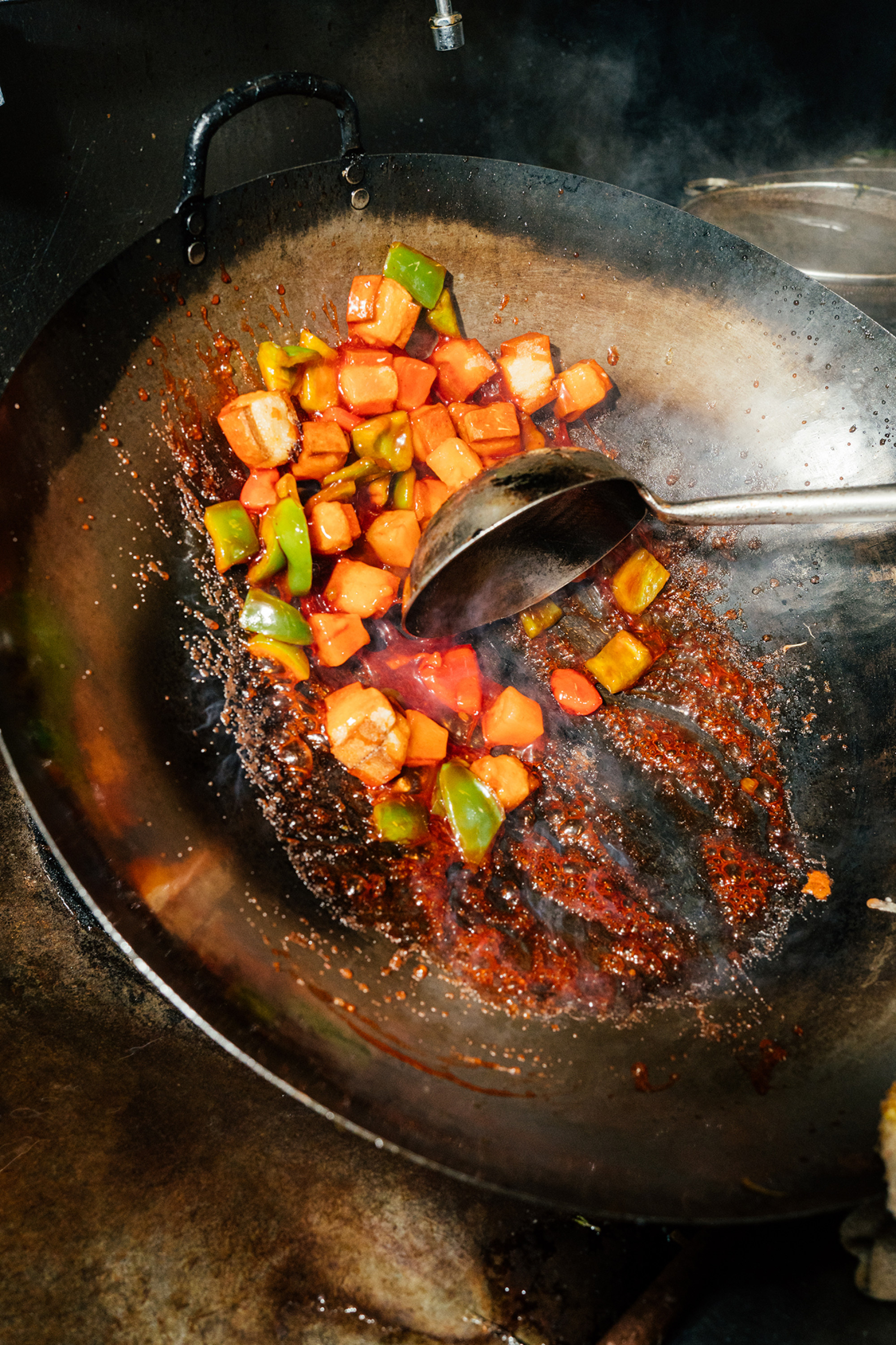
For Alice Liu, of Chinatown’s Grand Tea & Imports, financial support from Send Chinatown Love was gratefully received.
“Even though our family business had two English-speaking daughters, we found out we were excluded from government pandemic loans and grants because we needed documents to prove salaries were paid out, and they wanted cheque stubs as proof,” Liu explains by phone from New York. “But micro and small businesses don’t have a formalised way of proving this, as every penny goes back into the business.”
As a result, Grand Tea & Imports, started by her father, Liu Zhongming, in 2006, sought financial help from Send Chinatown Love periodically for about two years.
Instagram cooks on the cookbooks their social media posts spawned
With the financial help from Send Chinatown Love, the shop’s teas were distributed to low-income and senior Asian-Americans.
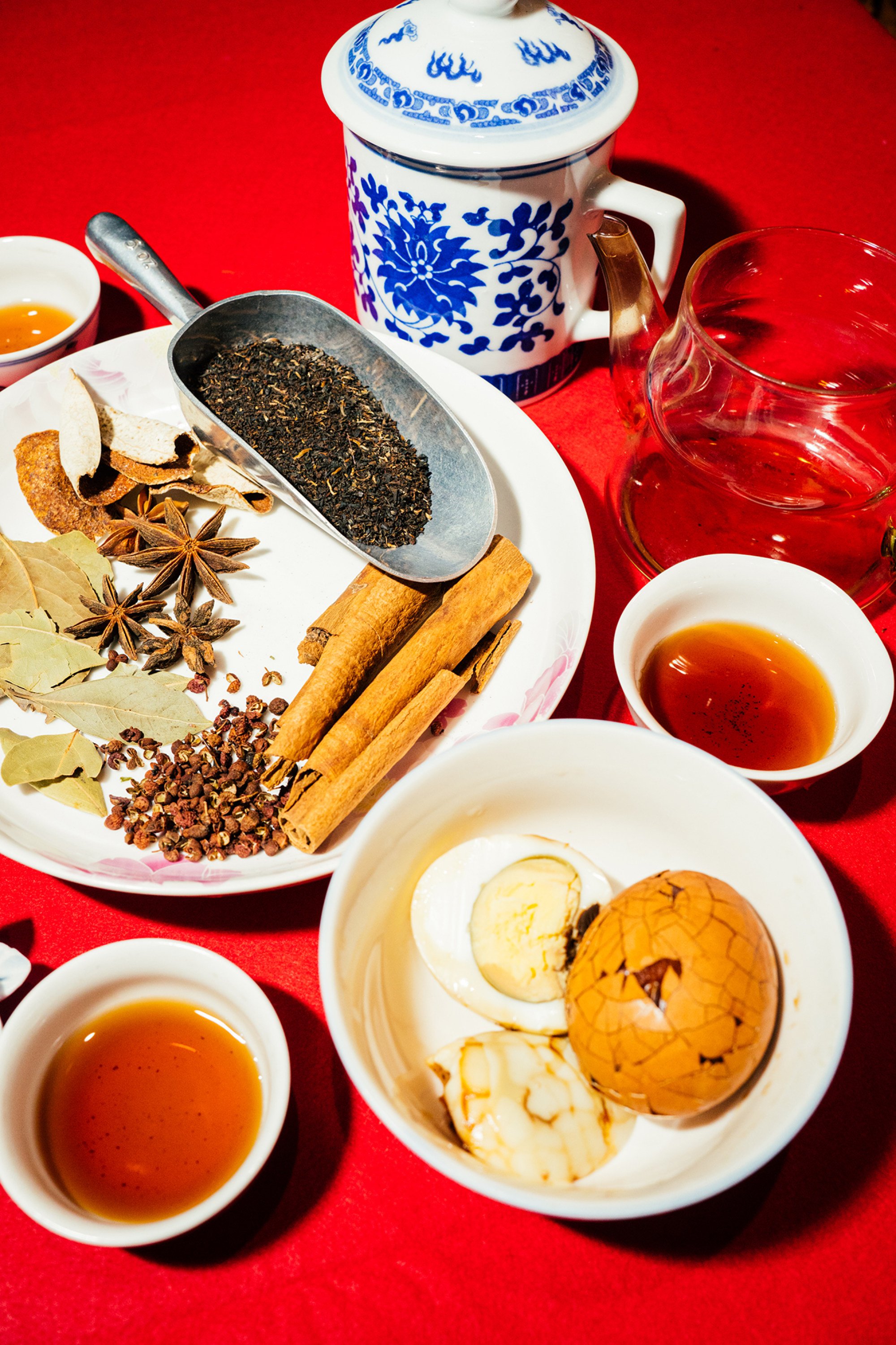
Eventually, in 2022, the pandemic became less of a crisis and Luo says Send Chinatown Love became more focused on ensuring sustainability and long-term success for the restaurants it supports through pro bono consulting, such as redesigning menus, setting up social media accounts and helping restaurants get connected with online delivery apps.
“One of the strengths of this organisation is that we have such great trust and rapport with our restaurants. It’s all about listening to them, speaking to them in their language, and not prescribing a solution but trying to understand what we can do to benefit and serve their needs,” Luo says, adding that Send Chinatown Love has since extended its assistance to Chinatowns in other New York boroughs such as Queens and Brooklyn.
She says one of the visions of the group was to bridge the gap between the general public and Asian- or Asian-American-owned small businesses and restaurants, and to help do so, in 2021 it self-published a zine.
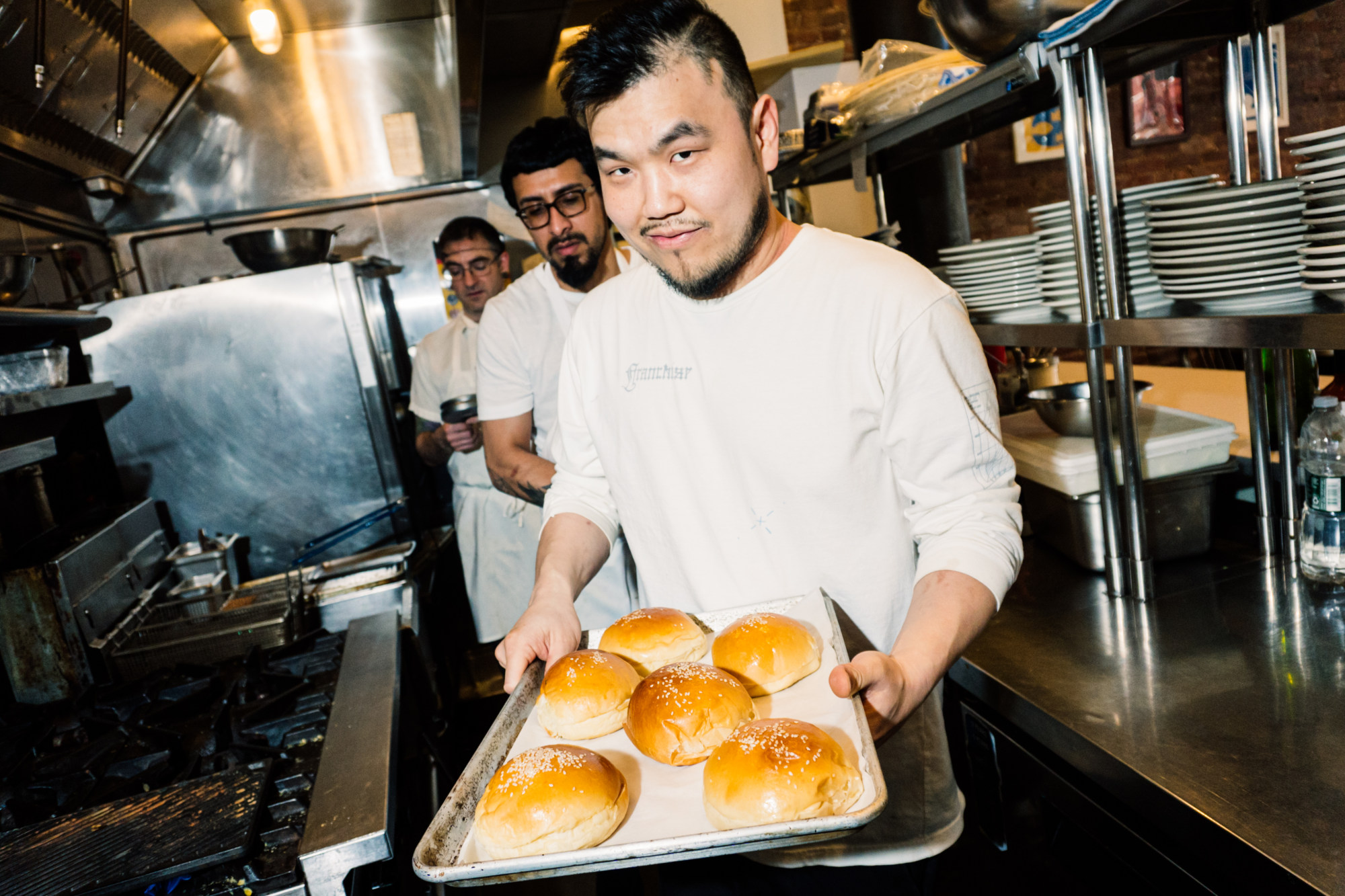
“We received such overwhelming feedback for our self-publication, but also a lot of folks were interested in recipes and this was the impetus for us to develop a cookbook,” she says.
“We have created a digital cookbook in the past. But we wanted to do something that was ambitious, and almost created a legacy, or timestamp, in New York.”
Luo says the book represents Asian restaurants throughout the Big Apple because there are so many Asian ethnicities, and enclaves beyond Chinatown, in the city.
‘It’s really worth a visit’: chef Wang Yong puts Hangzhou on the food map
For Liu, of Grand Tea & Imports, Made Here recounts histories and narratives that are rarely documented.
“Personal stories don’t come through when documenting cultural trends,” she says. “I don’t see [Made Here] as a recipe book, but a way to document our childhood and family store.”
Zhang, of Bodhi Kosher Vegetarian Restaurant, says he was excited to contribute his recipe because he wants more people to eat less meat to protect the environment. The restaurant even has kosher certification, which is why it has many Jewish patrons.
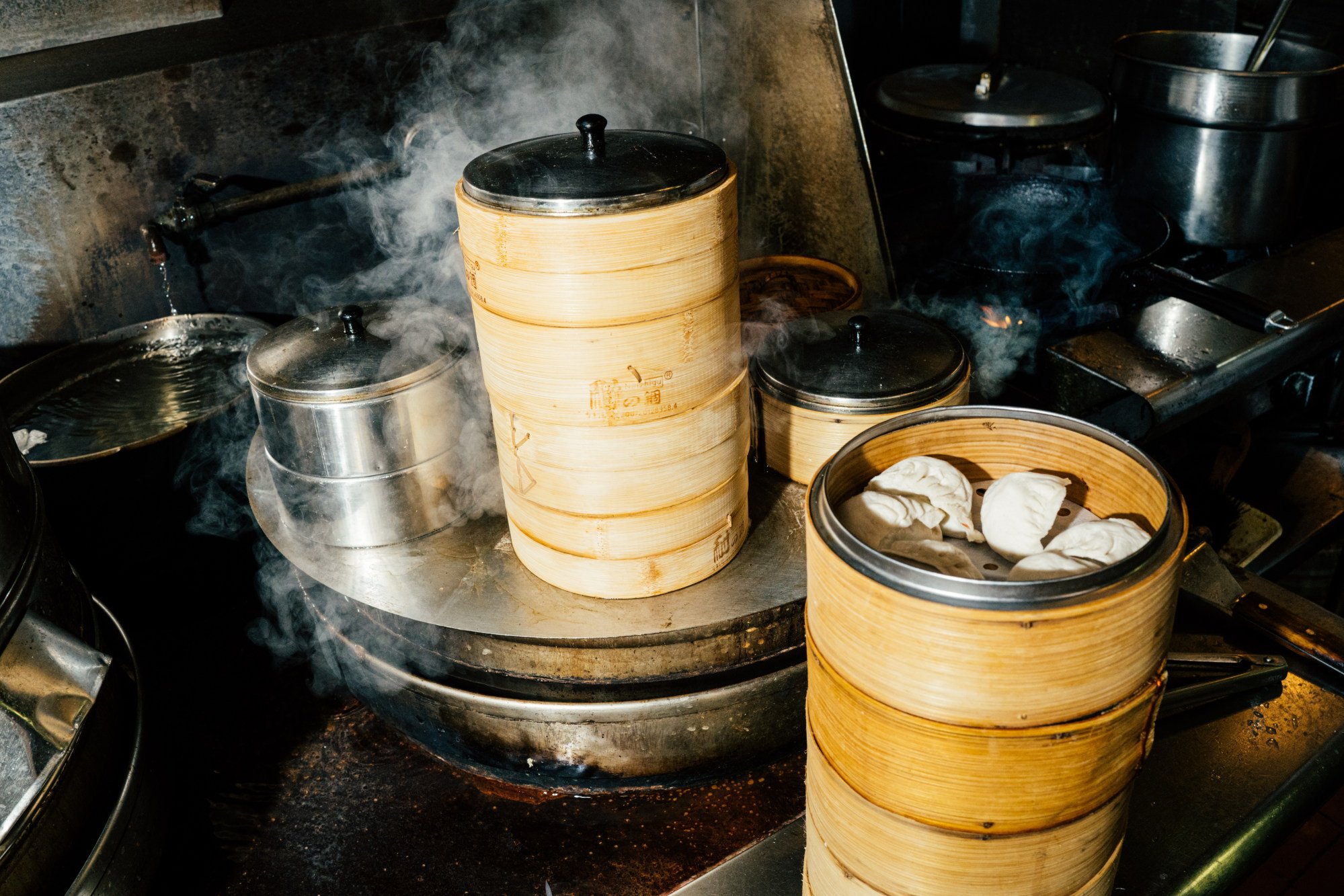
Zhang opened the original restaurant in Flushing in 1998, but 13 years later moved to his current location on Mulberry Street.
In November, he became popular on social media, when a video by Righteous Eats – started by influencers Jaeki Cho and Brian Lee – showcasing Bodhi Kosher Vegetarian Restaurant got more than 400,000 views.
Every bit of exposure counts, and Send Chinatown Love is passionate about continuing to help businesses like Zhang’s thrive.
“New Yorkers are very proactive, and if they see an injustice, they will act on it immediately and galvanise their peers to support a cause,” says Luo, who is originally from Sydney, Australia, and lives in Chinatown.
“And it’s also the fact that New York is so dense, and we’re all living and coexisting with each other, that really does feed into that energy, of being active and community-focused.”

